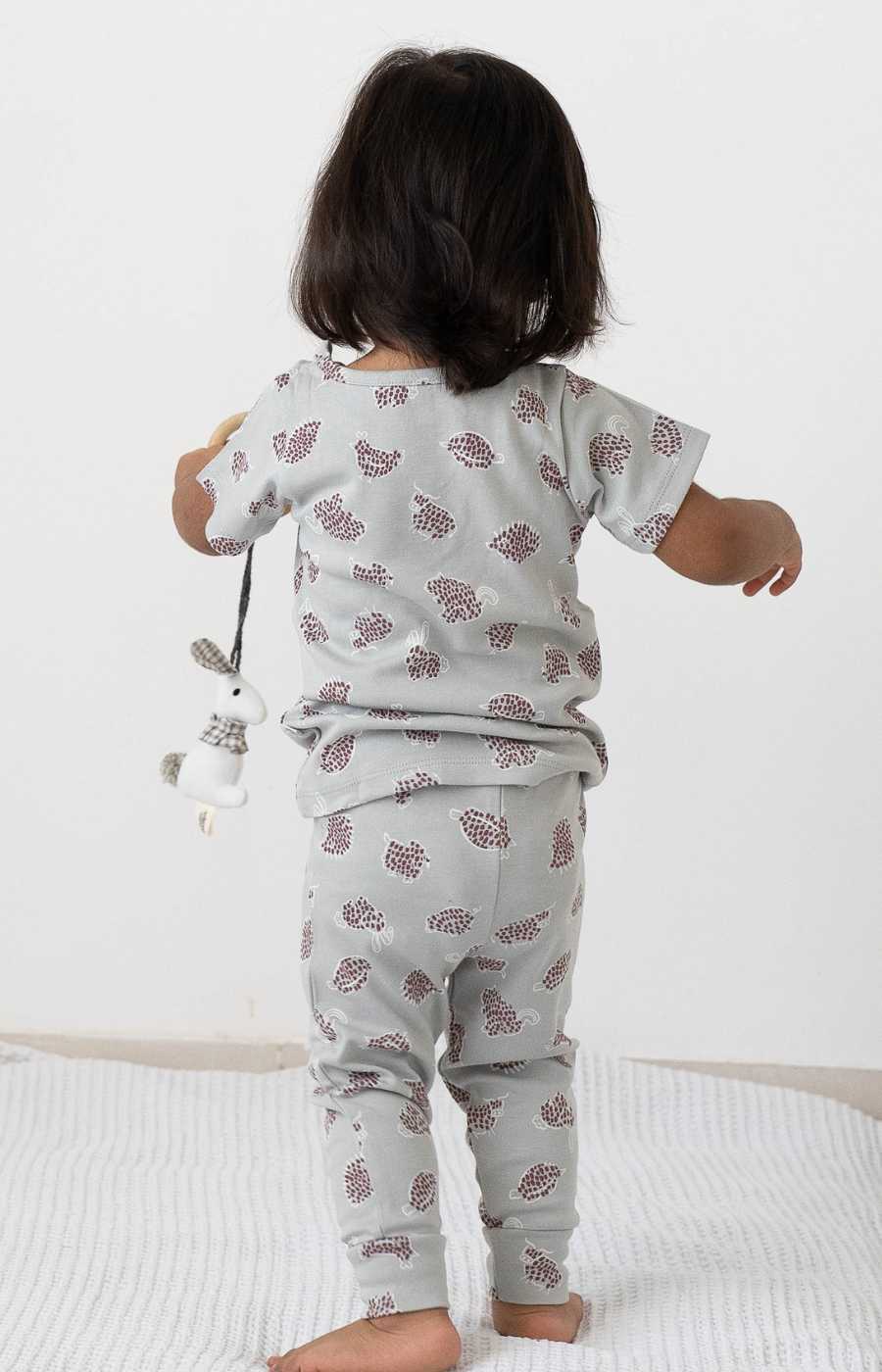Maintaining an infant eating chart will help you identify if your baby is more likely to be wet or sleepy and may help you prevent some of the fussiness that comes with hunger. You may create a feeding schedule for infants and modify it to suit your baby’s requirements as he grows, regardless of how old your child is – from six months to a year old. Cocoon Care is always there to help you to feed your baby in the best possible way!
An Age-By-Age Guide For Newborn Feeding Schedule
Managing your newborn feeding schedule may be challenging, especially when you’re observing those adorable baby milestones like their first grins and giggles, sitting, and crawling. We’ve assembled all the relevant information in the newborn feeding chart below:
|
Age of Baby |
Average Amount of Breast Milk or Formula per Feeding |
Expected Number of Feedings per Day |
|
Newborn |
30 - 50 ml |
8 – 12 feedings |
|
2 weeks |
50 - 80 ml |
8 – 12 feedings |
|
1 month |
50 - 100 ml |
8 – 10 feedings |
|
2 months |
100 - 150 ml |
6 – 8 feedings |
|
4 months |
100 - 180 ml |
6 – 8 feedings |
|
6-12 months |
200 - 230 ml |
4 – 6 feedings |
Feeding Times For Newborns – How Many Times Should A 6-9 Month-Old Eat?
Feed your newborn half a cup of soft food two to three times a day starting at 6-9 months of age. Except for honey, which they shouldn't consume until 12 months old, your baby can eat anything. You might begin by including a nutritious snack in between meals, such as mashed bananas. Your baby should have the same amount of breast milk even when getting more solid foods.
What To Give To Babies After 6 Months?
At 7-9 months old, purees of meats, vegetables, and fruits can be added. When he ages 10-12 months old, he can start feeding himself finger food like noodles, dry cereal, and sliced bananas. With a few minor restrictions, such as raw honey and choking risks like nuts, practically all the wholesome, nutritious foods you eat can now be included in your newborn feeding chart at one year old.
Conclusion
Your baby’s nutritional requirements will alter as he grows old. You can track your baby’s mealtimes and determine when he will become hungry by keeping a feeding routine for newborns handy. You may use this method to support your child's healthy development and happiness. Of course, Cocoon Care is always there to give the best comfort with its bamboo muslin fabric clothing collection for your baby's sleep, clothing, feeding, and bathing.
Frequently Asked Questions
Q. What is a normal eating schedule for a newborn?
Newborns typically eat every 2-3 hours or 8-12 times every 24 hours.
Q. What should be given to baby after 6 months?
A baby can eat purees of meats, vegetables, and fruits after 6 months. They also start eating finger foods like dry cereals and sliced bananas.
Q. How long can a 6-month-old go between feedings?
It varies on the baby, although some may go 4-5 hours without eating, especially if they had a solid meal.












